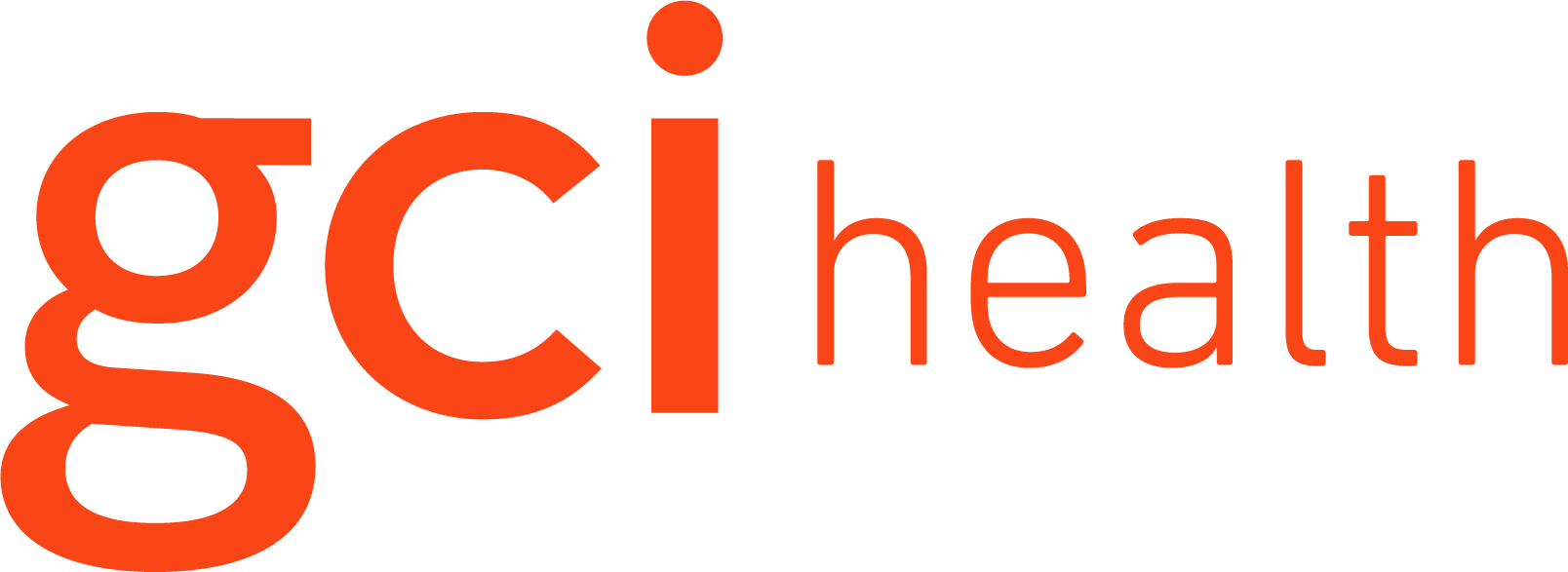You barely slept. You put off exercising for another day. Your clothes feel tight. The dog threw up on the couch. Your kids are refusing breakfast. Your calls, texts, and emails started at 8 a.m., your train was delayed, and now you’re 10 minutes late for that really big meeting. In other words, it’s a typical Tuesday.
On the bright side, you’re a woman working in PR or marketing. Your work is fun, intense, and fast-paced. But between work and the rest of your life, how do you make time for your health and wellbeing?
“Women today wear many hats — they’re wives, mothers, caregivers, and breadwinners, often at the same time,” said Wendy Lund, CEO, GCI Health. “Even when it feels like there are not enough hours in the day, we somehow manage to ‘make it work’ and accomplish the everyday tasks that sometimes seem insurmountable. But this constant juggling can come at the cost of our own health, particularly when our work is in high-pressure sectors.”
In 2018, GCI Health launched the HealthiHer movement in conjunction with HealthyWomen and Redbook magazine, and conducted a survey to better understand how women aged 30 to 60 feel about their health. Building on that survey, we were compelled to bring it back “home” and asked almost 300 women in that same age group, who work in PR and marketing, how they make time for their health and take care of themselves.
Today, women make up 61.3% of the PR industry, according to data from the Bureau of Labor Statistics. Careers in PR and marketing, while rewarding and exciting, can also be very demanding, and the responses we received to the questions about the women’s stress levels reflected this. In fact, 97% of women reported experiencing a moderate to high level of stress, citing family responsibilities and stress on the job as the top two contributing factors.
We asked Susan Kornstein, M.D., professor of psychiatry at Virginia Commonwealth University, and editor-in-chief of Journal of Women’s Health, to analyze our survey results. “Women in this survey reported strikingly high levels of stress,” Kornstein said. “Stress at that level can affect your job performance, work relationships, and career advancement.”
In your personal life, high levels of stress can wreak havoc by causing tension in your relationships, depression, and social withdrawal, she noted. Chronic stress and its symptoms can impact family life, causing difficulty in keeping up with household responsibilities, and can be a cause of sexual dysfunction. It can trigger serious health issues such as insomnia, IBS, and cardiovascular problems.
The possible long-term effects of stress were a concern for our respondents. More than two-thirds (72.9%) of them indicated their top health concern is managing stress, more than any other health issue evaluated, including contracting diseases, mental health, and aging. After stress management, their top concerns were physical fitness (72%) and weight management (71%).
“When I get in a rut of ignoring my health, I find I am less productive in all areas of life,” explained Meghan Rivera, VP, commercial head of women’s health and digital engagement at Amag Pharmaceuticals. “I actually view my daily dose of physical activity almost as, if not more, important than taking days off work. My workouts are my ‘me time’ and I consider them almost like a daily mini-vacation,” she said.
While our respondents worried about stress management, in reality, devoting time to reducing their stress levels and taking care of their own health overall took second place to other demands. In addition to the exigencies of their work and personal lives, many respondents also oversaw their family’s health. An overwhelming majority (89%) of survey takers said they “put their children’s health before their own,” 56% prioritized their parents’ health, and 48% put their partner’s health before their own.
“We’re the healthcare concierge of the household,” respondent Lisa Barkowski wrote. “I see women as managing several roles: making appointments, such as annual physicals, flu shots, and dental checkups; obtaining approvals, such as referrals and pre-authorizations; and acting as advocates for family members in the hospital.”
The majority (80%) of the women in the study reported it sometimes feels unfair to them that caregiving responsibilities usually fall to women, and 52% wished they had more support in the health decisions they have to make.
“Women need to ensure that, just as they take their children for annual physicals, vaccines, and dentist appointments, they are making the time for their yearly visits as well,” Lund said. “We tend to push off making the time for our annual prevention appointments.”
In fact, when it comes to managing their own health, more than half (52%) of the women in the study reported not making time to focus on it.
Respondent Kristin Bucklen noted she considers taking care of her own health a ‘negative good’ — kind of like putting gas in your car — necessary, but not much fun. “As a mom,” she wrote, “I put everyone else’s needs above my own. So if I’m going to take time for myself, I’m going to do something fun and positive that makes me feel good in that moment, such as buy a pair of shoes, get a facial, or go shopping. I’m not going to spend the limited amount of time I have for myself going to the doctor.”
While almost 70% of women surveyed noted their company offered wellness programs, only half took advantage of them.
While 45% of participants reported their employers offered behavioral health benefits, a scant 9% took advantage of them, which Kornstein speculated may be due to concerns about workplace confidentiality.
Lund said women need encouragement to carve out time for their health. “Know when the little things can wait — in a fast-paced business environment, it’s easy to get caught up in project after project. Know when minor projects can wait so you can practice self-care, whether that means leaving the office to spend time with your family or attending a workout class. Taking time to recharge has been shown to have positive effects on your health.”
Employee health problems cost employers more than $225 billion each year in loss of productivity, according to the Centers for Disease Control and Prevention. At the same time, studies show companies can increase productivity and employee job satisfaction through a health and wellness program. For the women in our survey, finding the time to take advantage of those programs was a challenge.
In our survey, 59.4% of respondents stated they work for companies that offer paid time off for wellness visits, and of those respondents, 55% take advantage of that added benefit.
Both Lund and Beth Battaglino, CEO, HealthyWomen, are calling on businesses to prioritize the wellbeing of their female employees. “As part of our HealthiHer movement, we’re leading the charge by challenging leaders in our industry and across the business sector with a call to action to create workplaces that encourage wellbeing and empower women to take care of themselves. Employers have the power — and the obligation — to make these changes. Not only will it benefit their employees and their families, it will also benefit employers.”
CALL TO ACTION
It’s a new year. Make a pledge to take care of yourself by sending us your 2019 health resolution. Whether it’s to eat better, amp up your exercise routine, get an important screening, schedule your annual physical, or simply to practice more self-care, we want to hear about it. Visit the #BeHealthiHer Facebook, Twitter, and Instagram page to like, follow, and share how you plan to make yourself and your health a priority this year.
Some tips to help take care of your health and manage your stress:
• Make your own health a priority — you cannot begin to take care of others if you are not healthy yourself. Take time to exercise, eat right, get enough sleep, schedule preventative health care visits, and seek medical attention for health issues as they arise.
• Try to disconnect from work when you are off. Resist the temptation to check email, and instead spend quality time with your family.
• Schedule some fun, relaxing time for yourself. Get together with a friend, read a good book, or go to a movie.
How employers can help ease the strain:
• Allow flexible work schedules to accommodate women’s multiple roles.
• Allow work from home when possible — it helps with job satisfaction and juggling demands of work and family.
• Encourage employees to take advantage of benefits and support programs offered.
• Provide childcare to help reduce caregiver burden.
Written by: Kara Giannecchini and Maia Samuel



